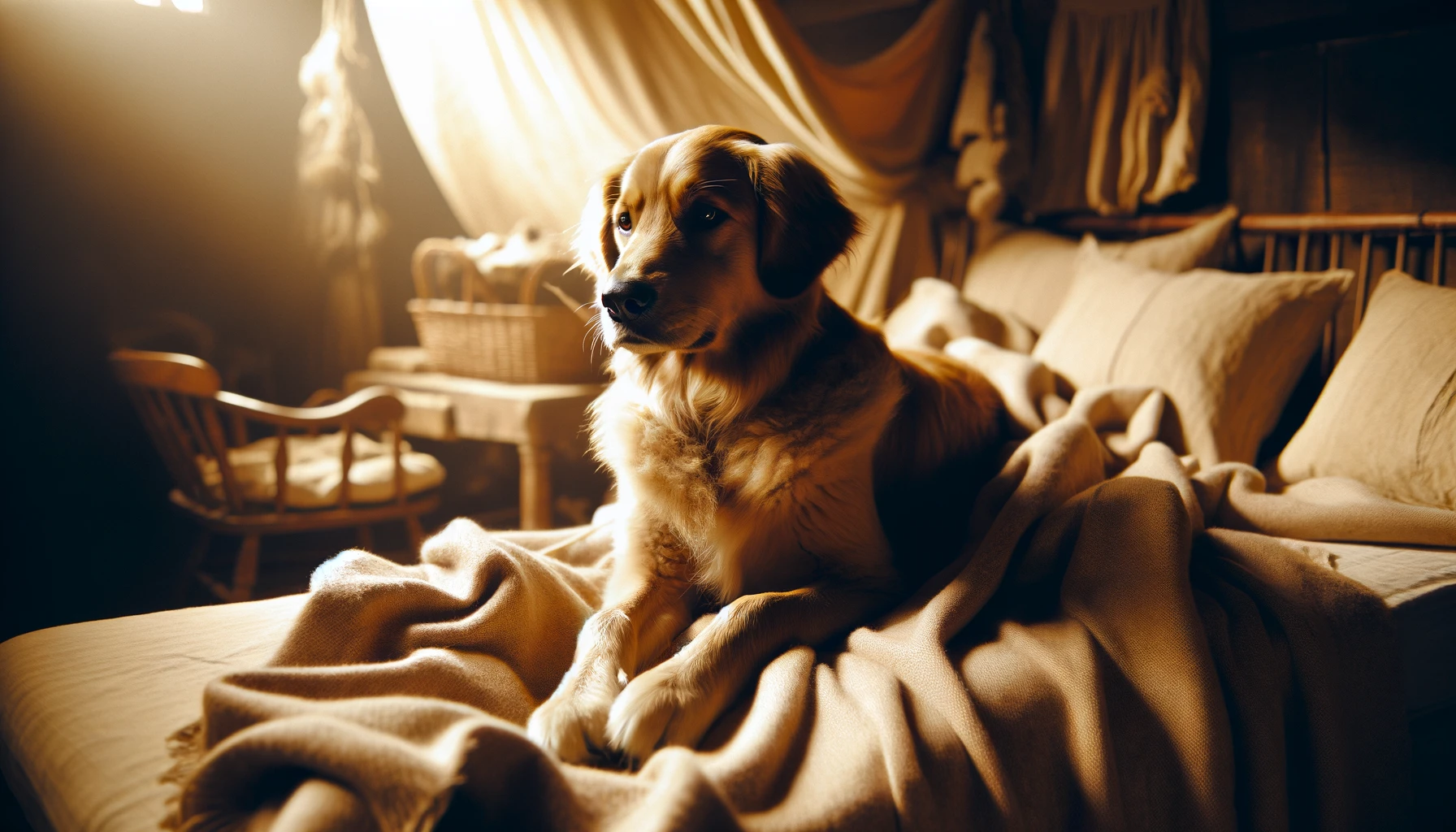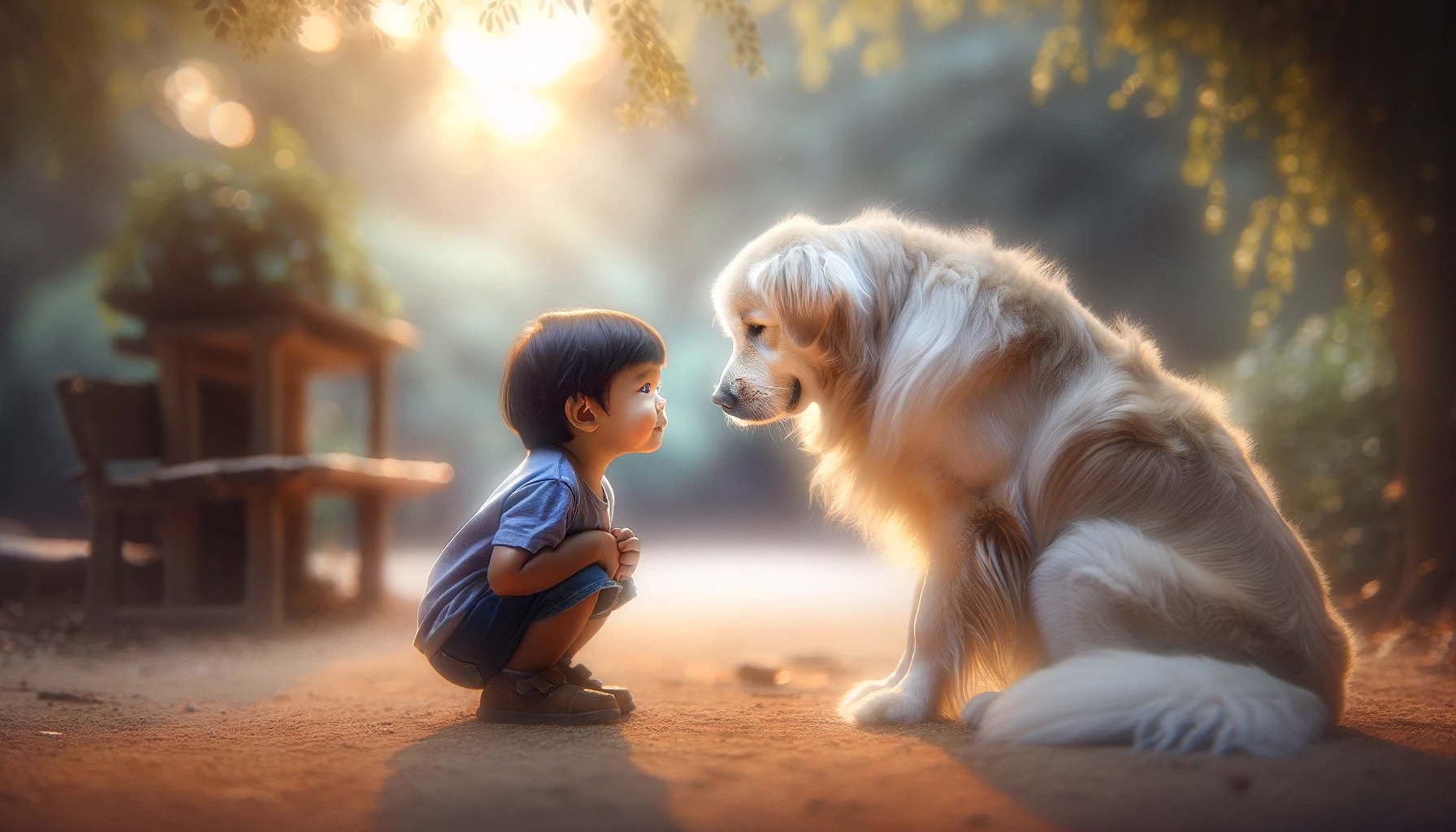Do you ever wonder why dogs become aggressive? Understanding the root causes is crucial in preventing and addressing this behavior. By recognizing early warning signs, you can intervene before aggression escalates.
Proper socialization techniques and effective training methods play a vital role in shaping a dog's behavior. Additionally, creating a safe and enriching environment can help reduce stress and promote positive interactions.
In this article, we will explore the reasons behind dog aggression and provide evidence-based insights to help you better understand and manage it.
Key Takeaways
- Understanding the root causes of aggression in dogs, such as past traumas and socialization experiences
- Recognizing early warning signs of aggression, including body language and resource guarding
- Establishing proper socialization techniques, such as puppy playdates and exposing puppies to various environments
- Implementing effective training methods, such as positive reinforcement and behavior modification, to address aggression
Understanding the Root Causes
To understand the root causes of why dogs become aggressive, you should examine their environment and socialization experiences. Identifying triggers and addressing past traumas are crucial in unraveling the reasons behind a dog's aggressive behavior.
Dogs are highly influenced by their surroundings. Factors such as a chaotic or stressful environment can contribute to aggression. Loud noises, frequent disruptions, or an overcrowded living space can create a sense of unease, leading to defensive behavior. Similarly, inadequate socialization during the critical development period can result in fear or mistrust towards unfamiliar people or animals. Dogs who haven't been exposed to a variety of experiences may perceive new situations as threats, triggering an aggressive response.
Addressing past traumas is another essential aspect of understanding aggression in dogs. Dogs who've experienced abuse, neglect, or other traumatic events may resort to aggression as a means of self-defense or control. These past experiences can leave deep emotional scars, making it crucial to approach rehabilitation with patience, understanding, and professional guidance.
Recognizing Early Warning Signs
Examining a dog's environment and socialization experiences, you can recognize early warning signs of aggression by observing their behavior and body language. It's crucial to be aware of these signs in order to prevent aggressive behavior from escalating. Dogs may display various behavioral triggers that indicate potential aggression, such as growling, snarling, or baring their teeth. They may also exhibit stiff body posture, raised hackles, or a tense facial expression. Additionally, dogs may show signs of resource guarding, such as protecting their food or toys aggressively.
Managing aggressive behavior starts with understanding the underlying causes. Fear, anxiety, and past negative experiences can contribute to a dog's aggression. Therefore, it's important to provide a safe and positive environment for your dog and address any underlying emotional issues. Socialization plays a crucial role in preventing aggression, as it exposes dogs to different people, animals, and environments, helping them develop appropriate coping mechanisms.
When recognizing early warning signs, it's essential to respond appropriately. Avoid punishing or scolding your dog, as this can worsen the aggression. Instead, redirect their attention to a more positive activity or remove them from the triggering situation. Seek professional help from a certified dog behaviorist or trainer who can provide guidance on managing aggression and implementing behavior modification techniques.
Establishing Proper Socialization Techniques
Proper socialization is key to preventing aggression in dogs. One effective way to socialize your puppy is through puppy playdates. These playdates provide opportunities for your puppy to interact with other dogs and learn appropriate social behavior. It's important to choose playmates that are similar in size and temperament to ensure a positive experience for your puppy.
During these playdates, closely supervise the interactions and intervene if any aggressive behavior occurs. Providing positive reinforcement is also crucial in establishing proper socialization techniques. Reward your puppy with treats, praise, and affection when they exhibit good behavior during playdates. This positive reinforcement helps your puppy associate social interactions with positive experiences.
Additionally, expose your puppy to various environments, sounds, and situations to broaden their socialization. Gradually introduce them to different people, animals, and stimuli to help them feel comfortable and confident in new situations.
Implementing Effective Training Methods
You can effectively train your dog to prevent aggression by utilizing proven methods. One of the most effective techniques is positive reinforcement. This involves rewarding your dog for good behavior, which encourages them to repeat that behavior. For example, if your dog displays calm and non-aggressive behavior when encountering other dogs, reward them with treats or praise. This will reinforce the positive behavior and make them more likely to exhibit it in the future.
Another important aspect of training is behavior modification. This involves identifying the triggers that cause your dog to become aggressive and then working to modify their response. For example, if your dog becomes aggressive when they see other dogs, you can gradually expose them to other dogs in a controlled and positive environment. Start with a distance that doesn't trigger their aggression and reward them for calm behavior. Gradually decrease the distance over time, continuing to reward calm behavior.
It is important to note that training should always be done in a safe and controlled manner. If your dog's aggression is severe or persistent, it's recommended to seek the help of a professional dog trainer or behaviorist. They can provide guidance and develop a tailored training plan for your dog.
Creating a Safe and Enriching Environment
To ensure your dog's well-being and prevent aggression, it's essential to create a secure and stimulating environment. Dogs, like humans, need mental stimulation to keep their minds active and engaged.
Here are some ways you can provide a safe and enriching environment for your furry friend:
- Preventing aggression:
- Establish a routine: Dogs thrive on consistency and structure. By providing a predictable daily routine, you can help reduce stress and prevent aggressive behaviors.
- Socialize your dog: Introduce your dog to different people, animals, and environments from a young age. This will help them feel comfortable and confident in various situations, reducing the likelihood of aggression.
- Providing mental stimulation:
- Interactive toys and puzzles: Engage your dog's mind with toys that require problem-solving skills. These toys can keep them entertained for hours and prevent boredom-induced aggression.
- Training sessions: Regular training sessions not only improve your dog's obedience but also provide mental stimulation. Teach them new tricks and commands to keep their minds sharp.
Frequently Asked Questions
Can Aggressive Behavior in Dogs Be Completely Eliminated Through Proper Training and Socialization Techniques?
Aggressive behavior in dogs can be significantly reduced through behavior modification techniques and positive reinforcement. Training and socialization play a crucial role in shaping their behavior, but complete elimination may not always be possible.
Are Certain Dog Breeds More Prone to Aggression Than Others?
Certain dog breeds may be more prone to aggression due to genetic factors, but it's important to note that aggression in dogs can also be influenced by various environmental and social factors.
Can Aggression in Dogs Be Attributed Solely to Genetic Factors?
Aggression in dogs cannot be solely attributed to genetics; it is a result of both nature and nurture. While genetics may play a role, environmental factors such as upbringing, socialization, and training also greatly influence a dog's behavior.
What Are Some Effective Methods to Prevent Dog Aggression Towards Children or Other Pets?
To prevent dog aggression towards children or other pets, you need to employ effective training techniques. These methods can include positive reinforcement, socialization, and consistent boundaries. By implementing these strategies, you can create a safe and harmonious environment for everyone involved.
Are There Any Warning Signs or Behaviors That Owners Should Be Particularly Cautious About to Prevent Aggression in Their Dogs?
To prevent aggression in your dog, be cautious of warning signs and behavioral cues. Watch for excessive growling, snapping, or biting, as well as tense body language or raised fur. Seek professional help if needed.
Conclusion
In conclusion, understanding the root causes of aggression in dogs is crucial in addressing and managing their behavior.
By recognizing early warning signs, implementing proper socialization techniques, and using effective training methods, owners can create a safe and enriching environment for their pets.
It's important to remember that aggression in dogs can often be a result of fear, anxiety, or a lack of proper socialization, and addressing these underlying issues can help prevent and manage aggressive behavior.






